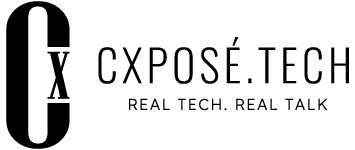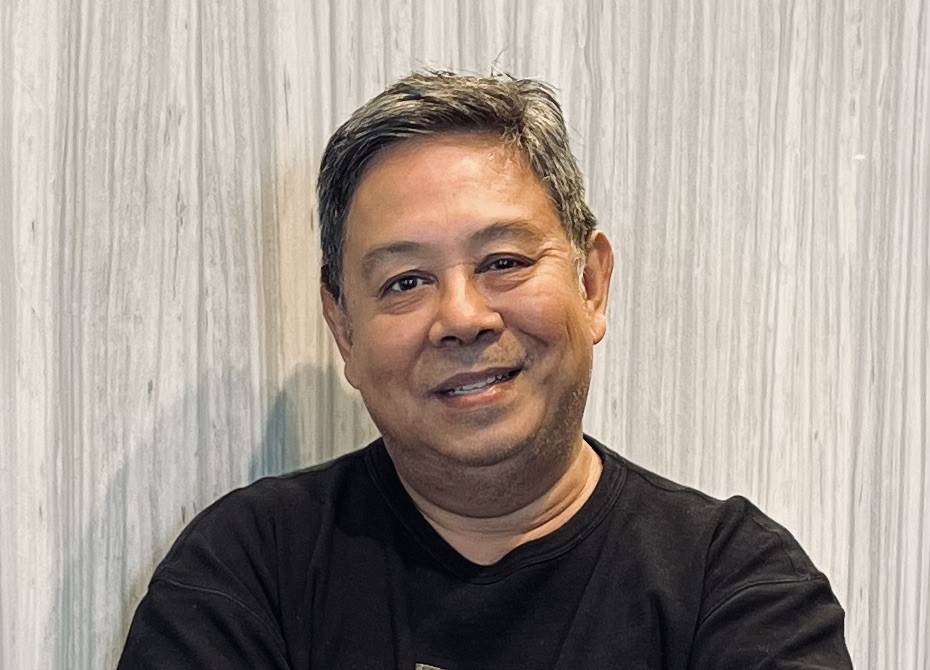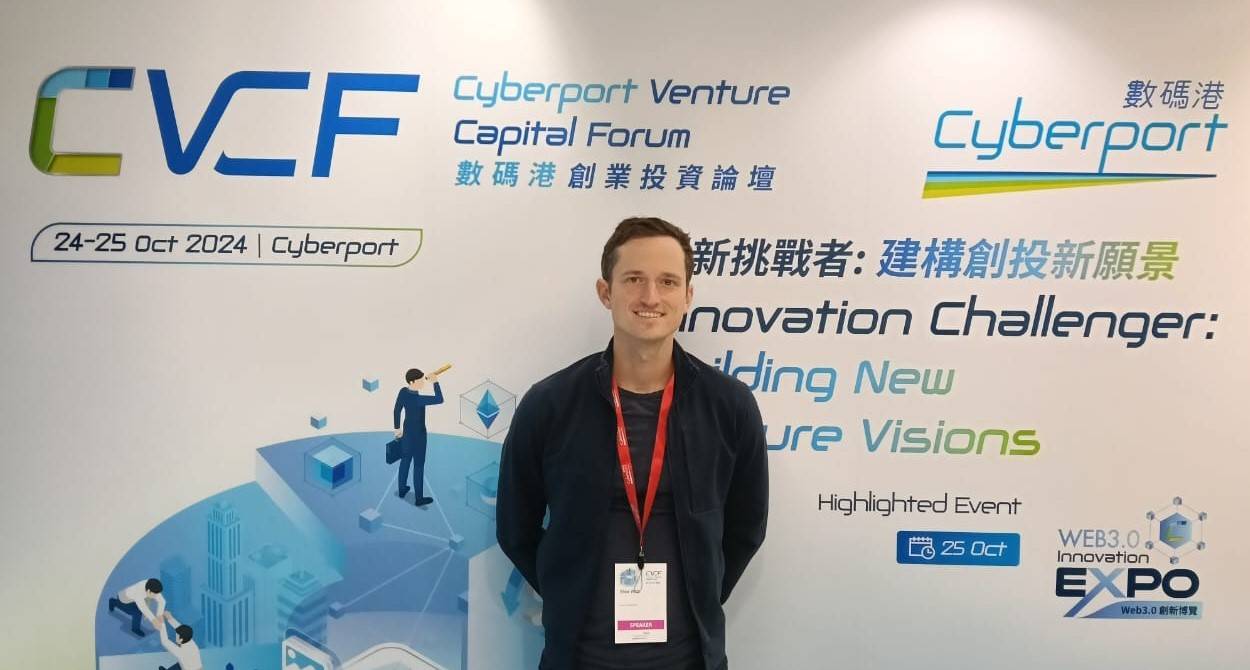According to former Spotify executive, Sriram Krishnan, venture capital (VC) is generally applicable to very particular industries that are high-growth and have very, very big markets.
Software-based companies that solve big problems generally require venture capital, he said. And it is software-based companies, specifically fast-growth software-based companies, that is the reason for Kearny Jackson’s existence.
“That’s the world that Sunil and I, operate in,” he said, adding that his co-founding partner Sunil Chhaya is based in New York, while he is in San Francisco.
And there are many of these types of companies that the Kearny Jackson (KJ) venture capital fund is investing in.
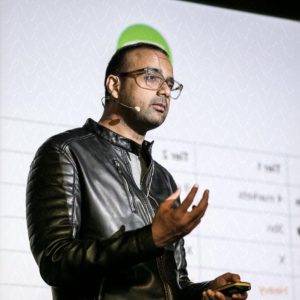
Sriram Krishnan
Sriram explained KJ has many companies in its portfolio that have a go-to-market function based in the United States, but locate their engineering in Europe or India. “So, it’s actually quite distributed.
“We have companies that are 100-percent based in San Francisco, companies that are based 100-percent in India, and we also have everything in between.”
Averaging 4 to 5 pitches daily
Having to listen to 30 to 40 pitches a week, has necessitated the duo devising frameworks to help them evaluate where to put money into.
“But we are quite lucky because we actually only talk to founders within a specific category—data infrastructures, security in-depth tools, software-as-a-service—and we speak to the same founders in the same category or who have different products in the same category.”
As a result, they have learned how to do pattern recognition and pattern matching and are able to know what the latest technologies are and then filter accordingly.
Sriram and Sunil also bring something different to the venture capital world, with Sriram having started investing with his personal capital as an angel investor and Sunil having an investment banking and institutional venture capital (ie. Menlo Ventures) background.
“So, we have a combination that is pretty unique,” Sriram said, adding that venture capitalists usually start funds with other venture capitalists, not tech operators like himself who like to build companies and grow them.
“The other thing is that our track record is really, really good. Founders look at our record and say, ‘ Wow, you know what it takes to scale up companies in this environment or in this category. We want to work with you.’”
Who/what/where to pick?
Besides having to have a finger on the pulse of the tech industry, Sriram and Sunil also have to consider the more human aspects, for example, a founder’s ability to execute, their experience that informs how they view the world, and so on and so forth.
Being in the top 1 to 2 percent in the field they operate in would be a good indicator because, essentially, founders not only have to build a product but also have to be able to sell it and go to market with it.
“And then we also look at the space that the product is being built in.”
“The people in the early stage ecosystem are very generous, and there is a big pay-it-forward culture.”
They both admit it is actually difficult to find the right management team that is building the right product and for the right market.
Typically, when there are good founders (and the right management team) working in a good market, then “something magical happens.”
The VC scene: Asia community and regions with potential
Singapore has an active startup scene that is thriving today, thanks to decisive and strategic government action over the past 15 to 20 years, according to Sriram.
And yet, Sriram feels it is unfair to compare the VC scene in Singapore to the one in the United States.
How companies in the US start out can be very different, and in fact, Sriram described the early stage ecosystem in the US as “very, very collaborative” and that it operates in a “high-trust environment.”
“The people in the early stage ecosystem are very generous, and there is a big pay-it-forward culture.”
This was how Sriram started out as an angel investor, and the rest, as they say, is history.
But, it may explain why companies, or the companies that Sriram and Sunil choose to invest in, have gravitated towards the United States.
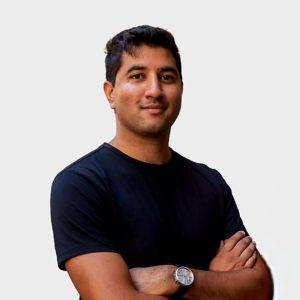
Sunil Chhaya
“Even though the markets in Southeast Asia collectively are pretty big, the purchasing power of its consumers isn’t as high, and language barriers do exist.”
Not to mention, the way of doing business in each of these countries actually differs a lot. So scaling up for companies is limited and/or not effective, and the same goes for their sales teams.
Sriram also noted, “The thing about the US is that when you hire a sales team, you can rinse and repeat the same playbook for multiple states in the US, and to some extent in Europe also.”
In essence, there are local nuances that operations and sales have to cater to, and in Southeast Asia and even perhaps Asia, there has to be bigger consideration for these nuances and little ‘local eccentricities.’
KJ 2 and KJ 3
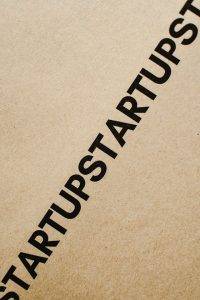 During Sriram’s angel investing phase it got the point that the companies he was putting personal capital into got bigger and bigger and eventually exited and got sold.
During Sriram’s angel investing phase it got the point that the companies he was putting personal capital into got bigger and bigger and eventually exited and got sold.
“I finally had a track record and decided to set up my own fund, Kearney Jackson, about six years ago. It was about USD3.5 million. It’s a actually a relatively small fund in the grand scheme of things. And this is a VC fund. And we have cheque sizes from USD50,000 to USD250,000 for startups.”
While all this was happening, Sriram together with Sunil had also been aggressively setting up fund number 2, Kearney Jackson 2, worth USD14 million, which is expected to be fully deployed before the end of 2023. There is also a KJ 3, although the intent is to invest via one fund at any given time.
Sriram said, “Our strategy for the long-term is to maintain our fund size at USD60 to USD80 million, so that we can consistently write cheque sizes between USD500,000 to USD1.5 million.”
Sunil later explained that cybersecurity is a huge focus area for KJ, especially since the last few years due to the pandemic having increased the surface via which attackers can infiltrate and compromise corporate environments.
He concluded, “Typically we like second-time entrepreneurs, who have technical experience building companies. We are looking for founders who are selling to Fortune 500 and Fortune 5000, with a really strong focus on application and data.”
(This article first appeared in Enterprise IT News).
